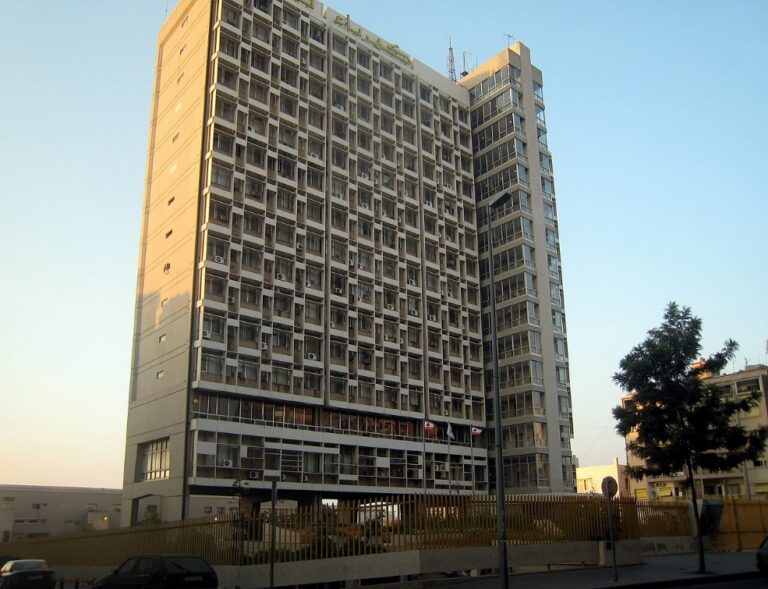LEBANON SUFFERS BLACK OUT AFTER LACK OF FUEL
08/17/2024: 8:55 pm
Author of the news LaborWave

PHOTO TAKEN FROM THE BLACKOUT, BEIRUT
Today, 08/17/2024, official Lebanese government sources reported the interruption of electricity supply throughout all Lebanon due to the alleged lack of fuel to supply the country’s two largest plants.
Local TV channel LBCI and Sawt Beirut International stated that Lebanon’s electricity grid is completely disabled and that the country has been left in darkness, especially after the aforementioned plants ceased operation due to lack of fuel.
Electrical supply failures are expected to continue for several days. According to Sky News, power production at the al Zahrani and Deir Ammar plants has fallen to less than 200 megawatts(MW). The country’s electricity company (Electricité du Liban, EDL) is trying to find a solution to the problem and manually restart the public grid, the company is trying to solve the problems in the absence of the EDL national control center, which has been severely damaged in the powerful explosion at the port of Beirut last year. At the end of September, the EDL warned of the possibility of a general blackout due to running out of fuel or being unable to guarantee the stability of the electricity grid.
The company announced that it:
“has exhausted all options and precautionary measures taken and is no longer able to guarantee a minimum supply of electrical current because of this situation, which is beyond its control.”

Headquarters of Electricité du Liban(EDL), Beirut
Lebanese authorities report that partial electricity supply has been restored. Complete restoration is expected within the next few hours. However, several analysts and experts say that the problem could persist on a small scale for even months.
Lebanon has been experiencing enormous economic problems due to the COVID-19 pandemic and the devastating explosion at the port of the capital, Beirut, in August 4, 2020. The crisis is also fueled by growing tension between Israel and Hezbollah. The instability caused a shortage of gasoline for cars and diesel for power generators, making electricity supply interruptions the new normal in the country (according to the russian agency Sputnik). Shortly after this report, the South Lebanon Water Establishment published an advertisement asking citizens to limit water consumption to a minimum due to power cuts, the report stated.
